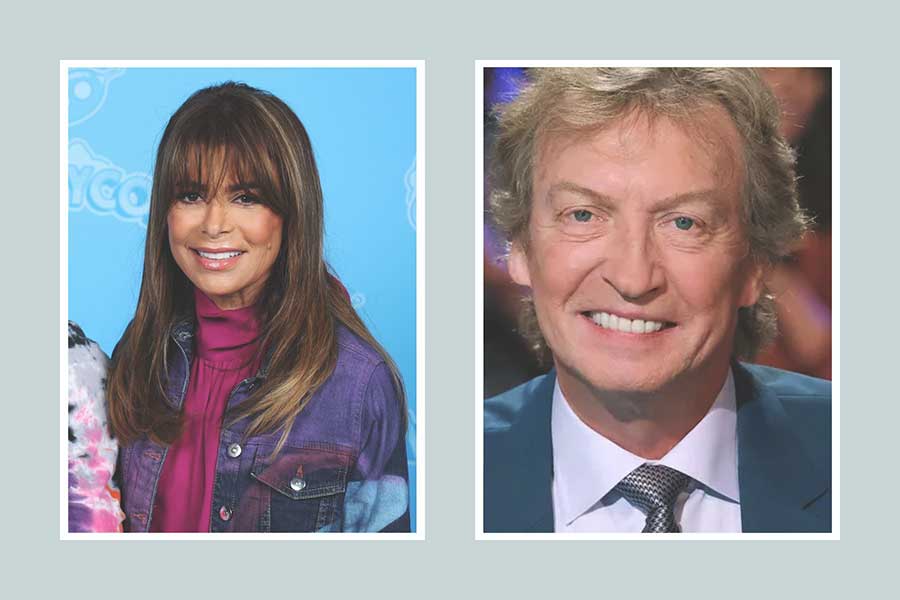Renowned American singer and dancer Paula Abdul, aged 61, has filed a lawsuit against Nigel Lythgoe, executive producer of “American Idol” and “So You Think You Can Dance,” accusing him of sexual assault.
Abdul filed the lawsuit under California’s Sexual Abuse and Cover-Up Accountability Act, taking advantage of a one-year window for certain sexual abuse lawsuits.
Paula Abdul’s Allegations of Assault and Harassment
Abdul claims that during an early season of “American Idol,” Lythgoe sexually assaulted her in an elevator, alleging that he shoved her against a wall, groped her breasts and genitals, and forcibly kissed her.
Years later, while serving as a judge on “So You Think You Can Dance,” she alleges another assault when Lythgoe invited her to his home, forcing himself on top of her and making inappropriate comments.
Discrimination and Unequal Pay Claims
The lawsuit further asserts that Abdul was subjected to verbal harassment, bullying, and discrimination. It alleges that she was paid less than male judges on “American Idol” and that the show edited footage misleadingly to portray her as inept.
Additionally, Abdul claims to have witnessed Lythgoe sexually assaulting one of her assistants in 2015.
Years of Silence and Fear of Retaliation
Abdul remained silent about the assaults and harassment for several years, fearing retaliation from one of the industry’s prominent producers. According to the lawsuit, she was concerned about potential damage to her career and the industry’s history of protecting powerful figures. Non-disclosure agreements signed as part of her employment on reality shows prevented her from speaking out earlier.
Wide-Ranging Lawsuit Against Multiple Entities
In addition to Lythgoe, Abdul is suing 19 Entertainment, FremantleMedia North America, American Idol Productions, and Dance Nation Productions.
The lawsuit alleges that these companies failed to take appropriate measures to discipline Lythgoe and hold him accountable for his actions.
Industry Awareness and Cultural Commentary
The suit highlights that Lythgoe’s behavior was allegedly common knowledge within the industry, pointing to a MADtv parody that portrayed him harassing contestants. Abdul’s lawsuit draws attention to larger issues of power dynamics, sexual assault, and the need for accountability within the entertainment industry.
Inputs from Variety.

